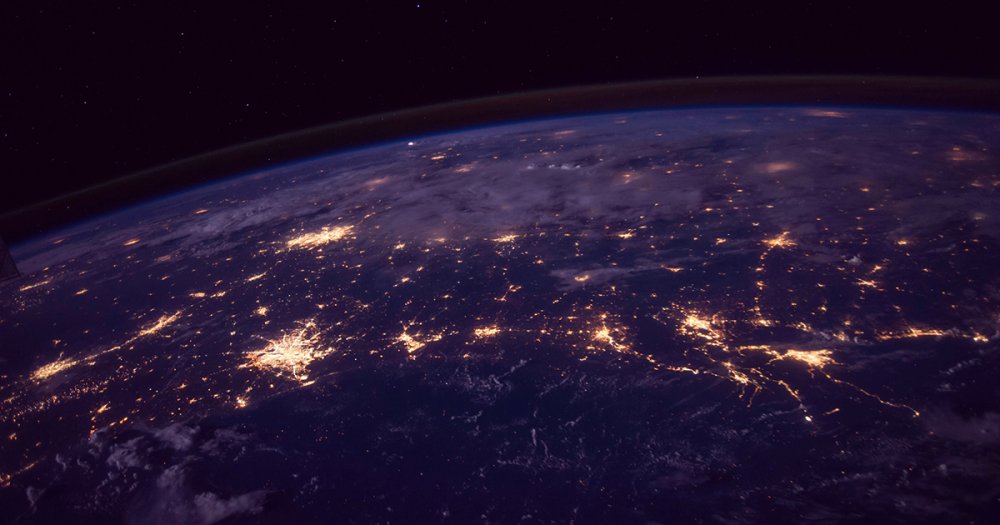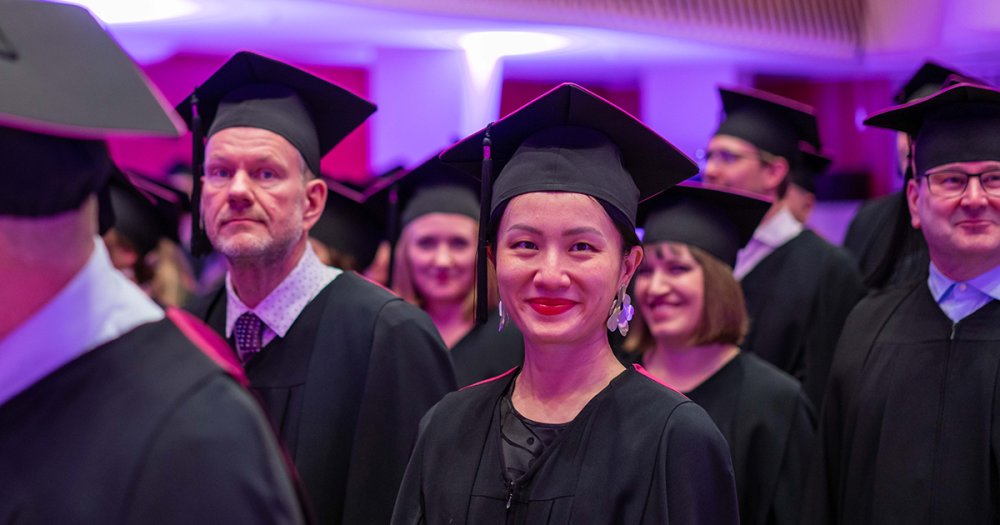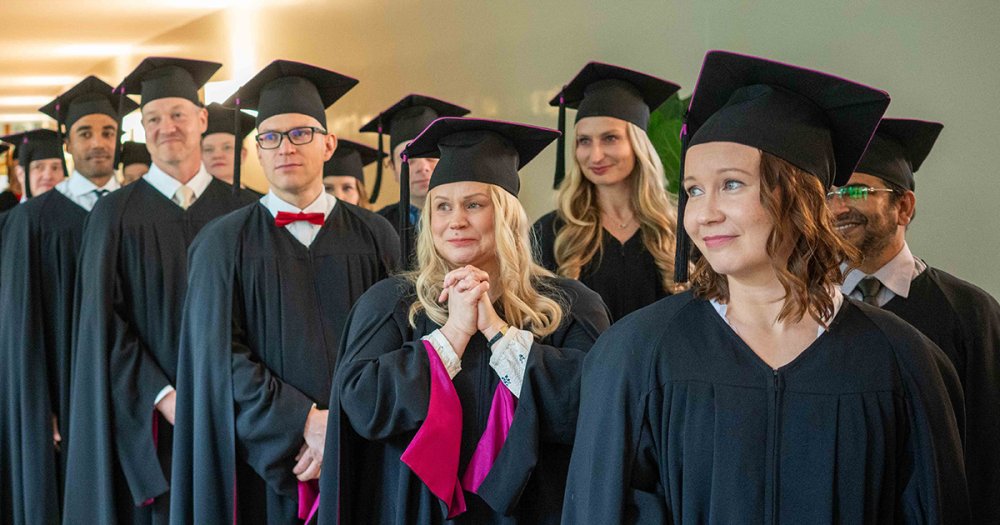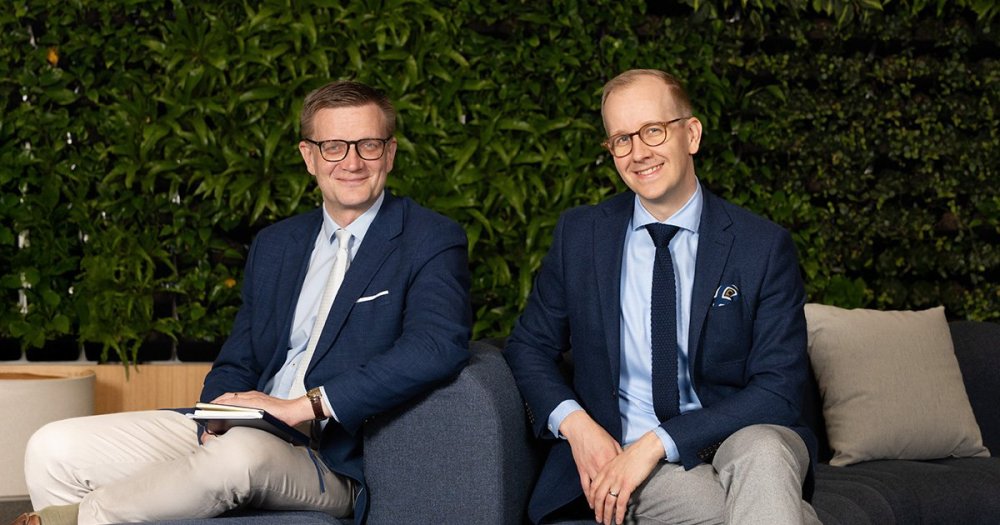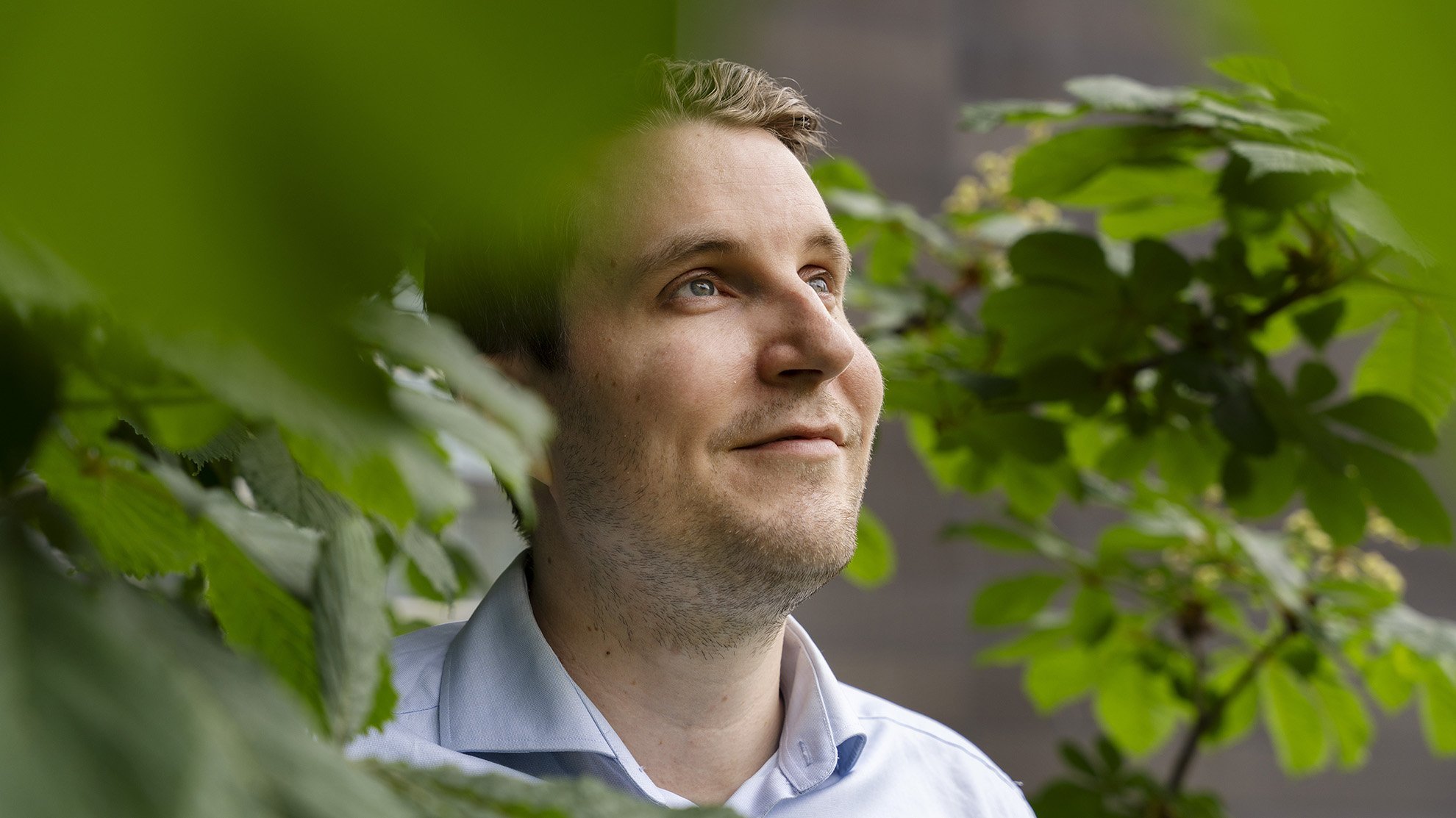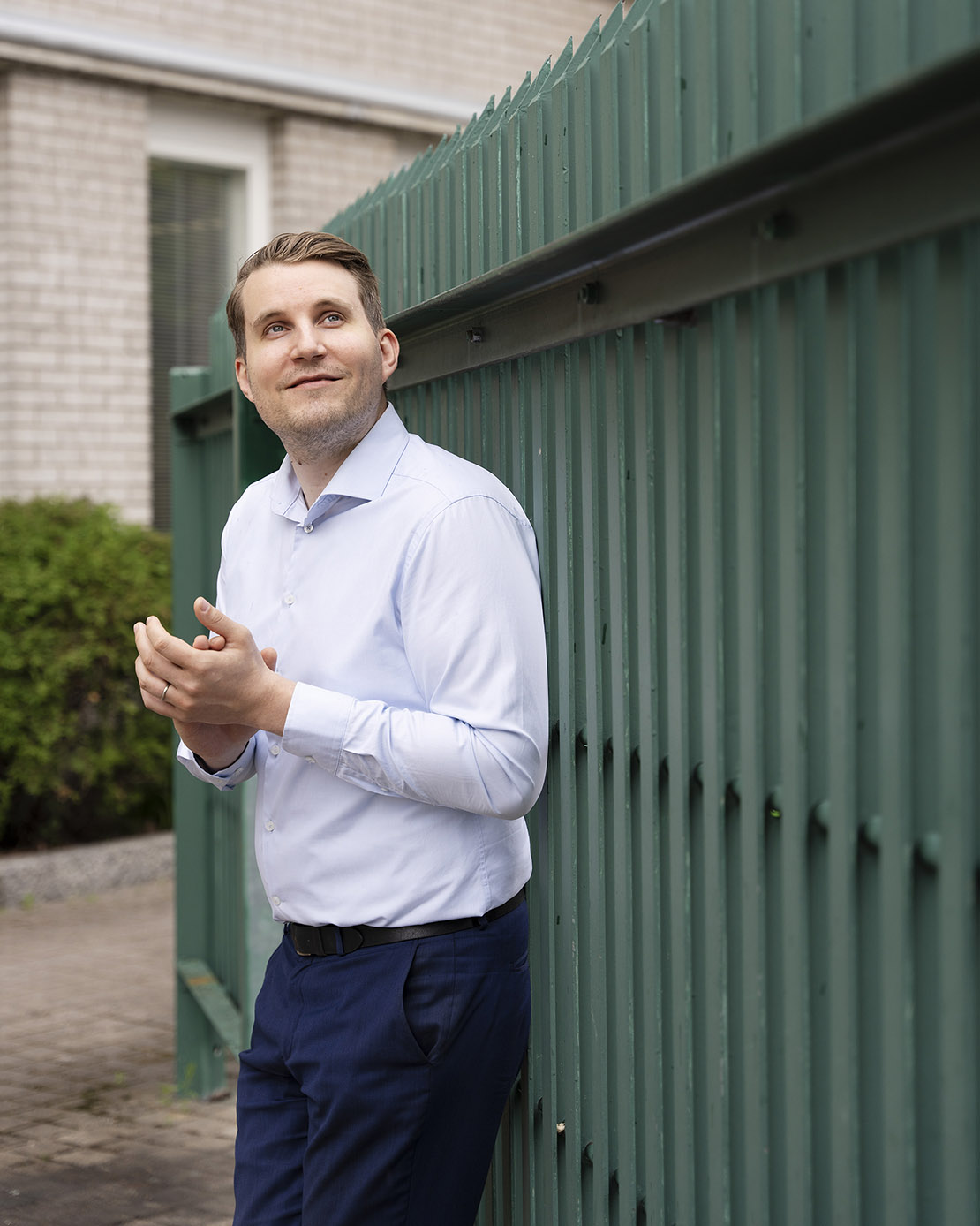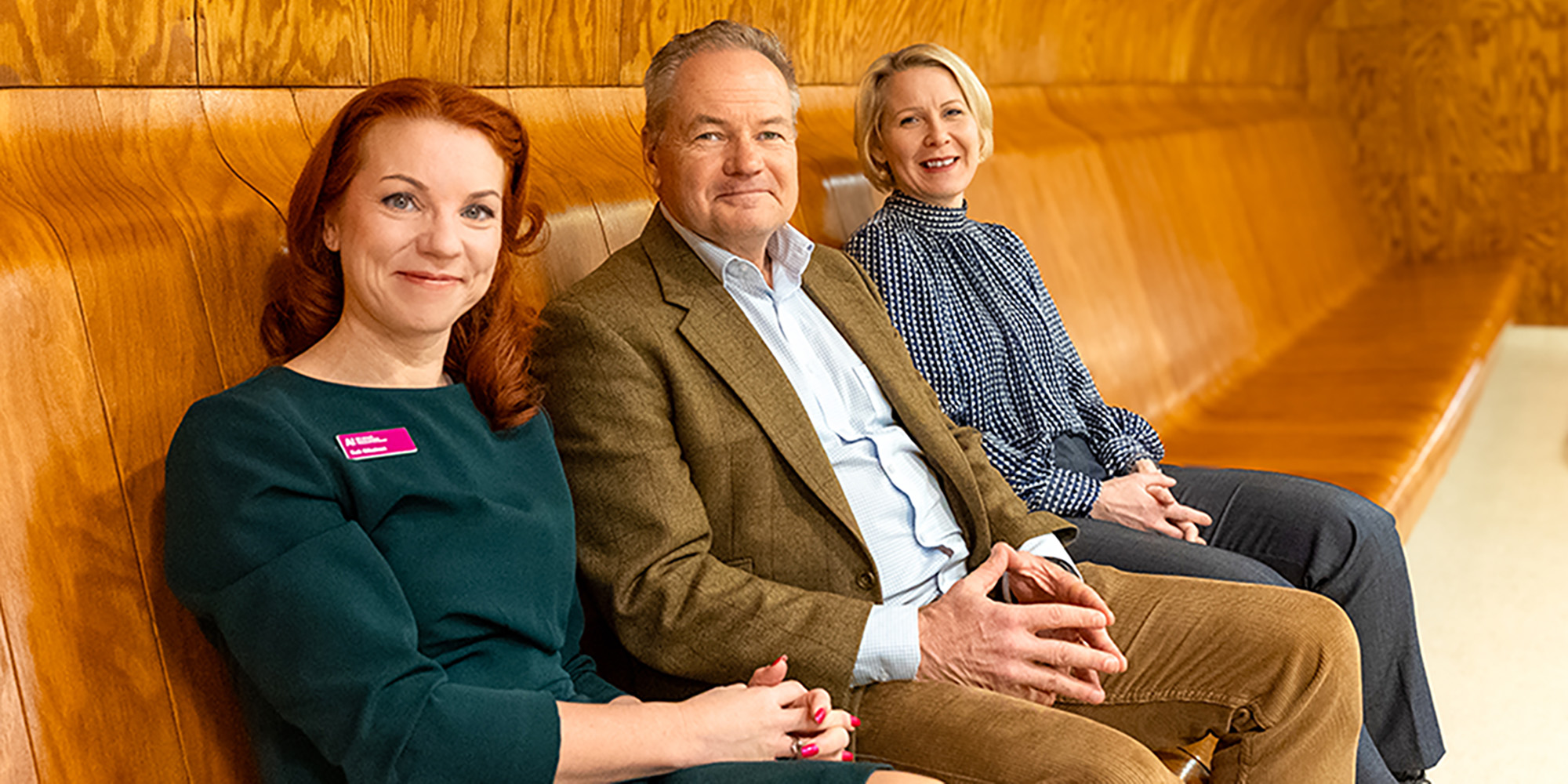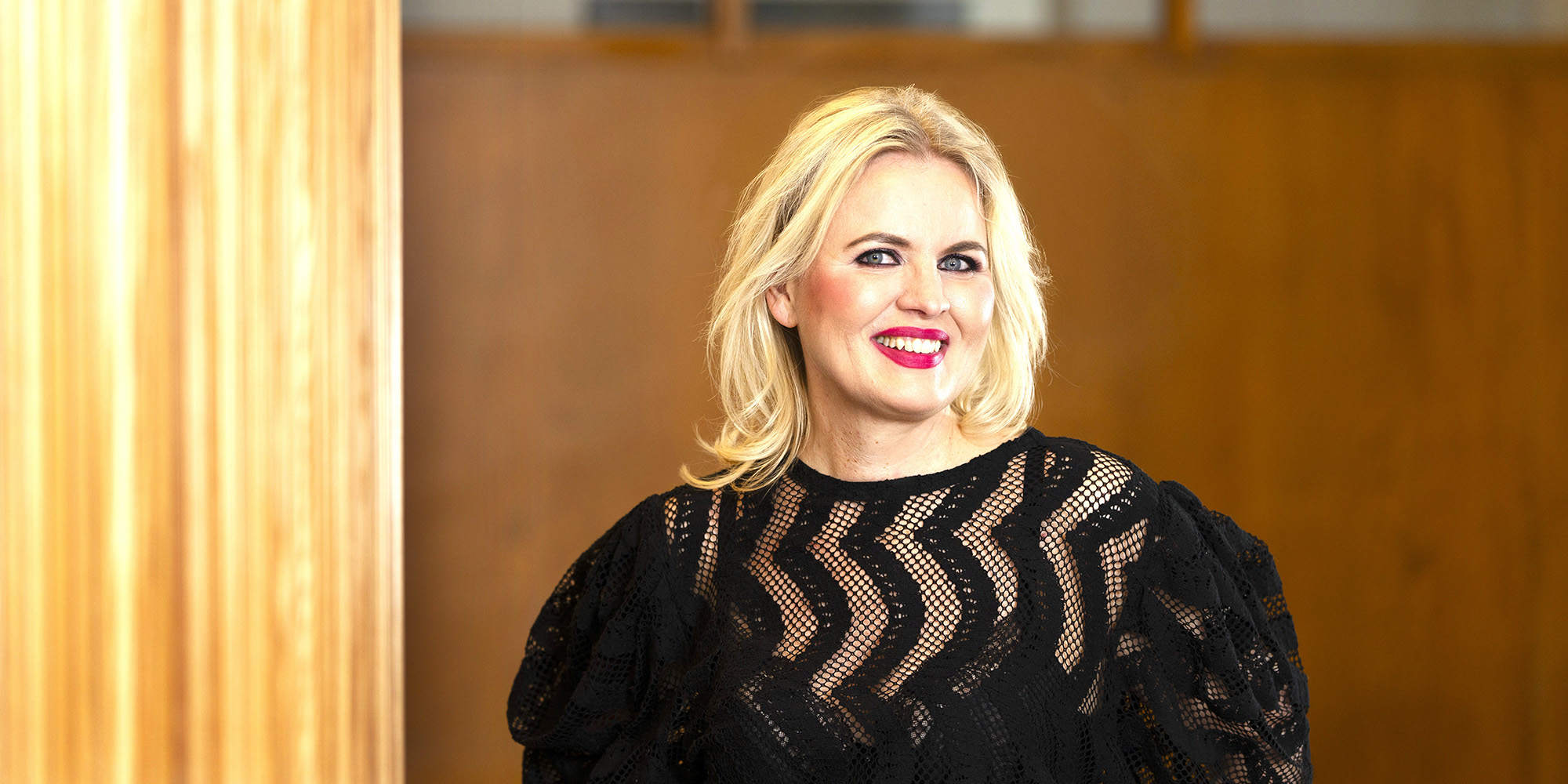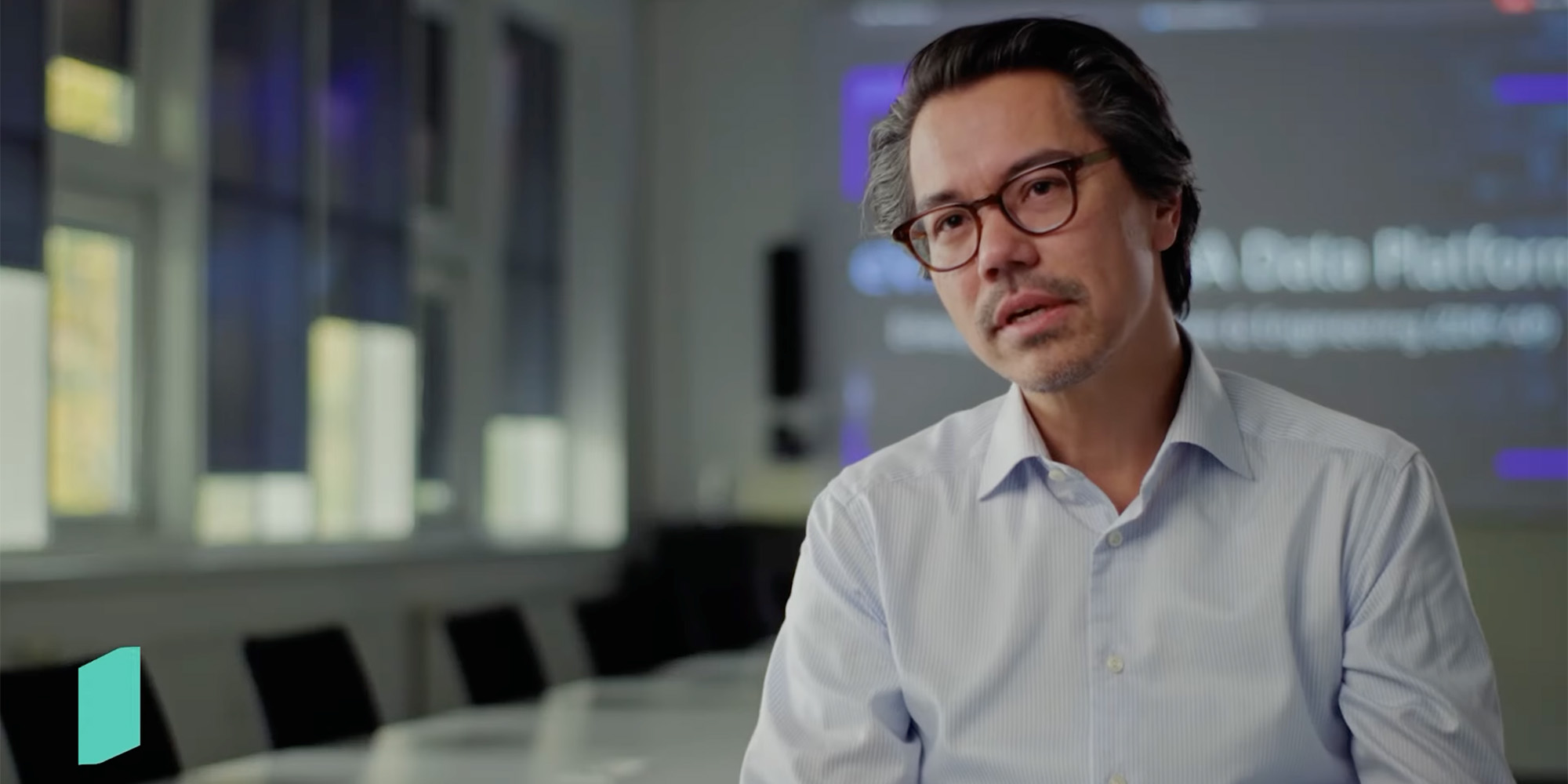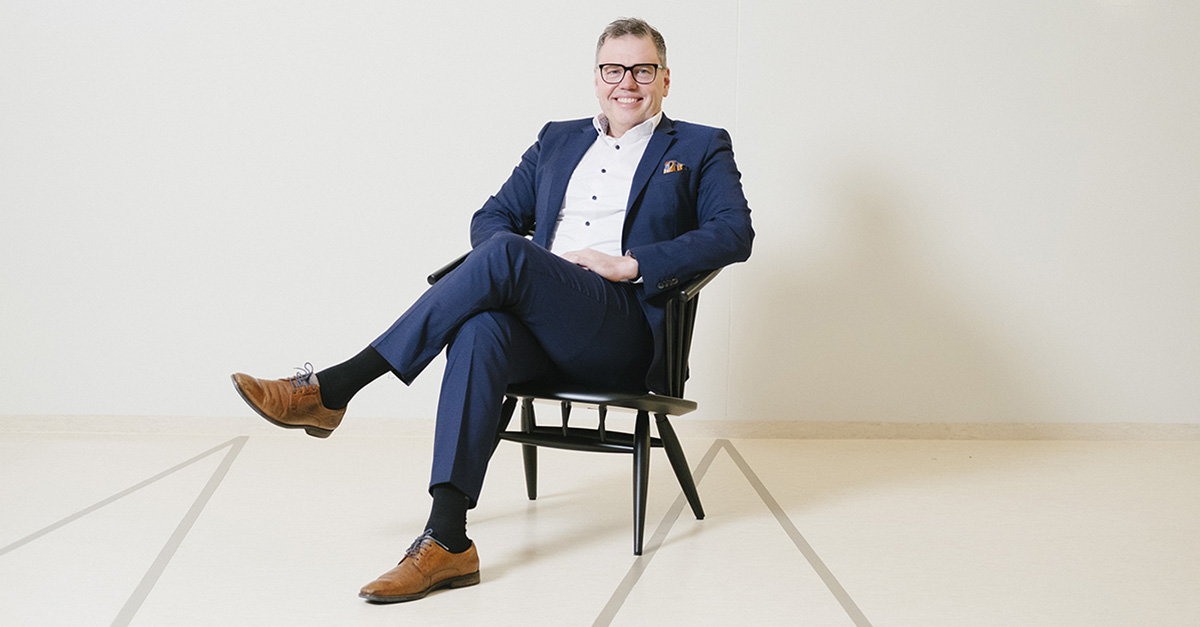Mika Männistö, Local Business Manager of ABB’s Motion business in Finland, is proud of Finland’s reputation as a frontrunner in sustainable development.
“Finnish companies already have a strong brand in cleantech, with excellent prospects to make it a substantial competitive advantage in the global market,” says Männistö.
This said, Männistö reminds us that the green transition is much more than a remarkable business opportunity.
“Many Finnish companies prioritize climate responsibility as a fundamental value. This is reflected in concrete actions. It is quite possible that in just five years’ time, a large part of our country’s factories will have achieved carbon neutrality.”
The cycle speed calls for continual learning
The ongoing energy transition is bringing innovations and technologies with remarkable development trajectories to the market.
“The cycle speed is certainly fast. In hydrogen technology, for example, today’s knowledge will probably be outdated by next year,” notes Männistö.
“Agility and learning capability at every level of the organization are fundamental requirements for anyone who wants to keep up with the development – let alone those who are determined to succeed.”
ABB Finland maintains the lifewide learning of its personnel, for example, in collaboration with Aalto EE.
Agility and learning capability at every level of the organization are fundamental requirements for anyone who wants to keep up with the development"
“We want to make sure that the expertise of our entire organization remains relevant at all times and preferably a significant step ahead of many others. That’s why we have continual collaboration with Aalto EE,” says Männistö.
Over the years, Aalto EE has developed several customized training programs for Finland’s ABB, including the ABB Manager program, which was established in the early 2000s and has been conducted over 30 times.
In addition, ABB regularly sends its management and personnel to Aalto EE’s open programs. Whether the topic of Aalto EE’s training program is digitalization, sustainable development, leadership, data analytics, or, for instance, service design, ABB employees are highly likely to be found on the participant list.
“I think our single greatest insight in the field of competence development is understanding systems thinking,” Männistö says.
“We don’t just focus on the box in which we operate but actively strive to develop our expertise beyond it. We want to ensure that we have an even better understanding of all the other actors who ultimately want what we want: a successful green transition.”
This responsibility can only be fulfilled by continually developing our skills at all levels of the organization."
Männistö highlights that sustainable development is at the center of all ABB’s operations.
“For example, about 45% of the world’s electricity is consumed through electric motors – and it is estimated that by switching to energy-efficient motor drives, worldwide electricity consumption could be reduced by 10%,” Männistö says.
“As the global market leader, we want to be a pioneer and set an example. This responsibility can only be fulfilled by continually developing our skills at all levels of the organization,” Männistö underlines.
|
|
| “Agility and learning capability at every level of the organization are fundamental requirements for anyone who wants to keep up with the development – let alone those who are determined to succeed,” says Mika Männistö. |
Sustainable development is finally mainstream
Männistö has worked with energy efficiency solutions at ABB since 2012. He smiles, saying he is still in the early stages of his career by ABB standards.
“I think that the average length of service at ABB is probably around 30 years. I have experienced colleagues who remember justifying the benefits of energy efficiency solutions on overhead projectors in the 1980s – largely with the same arguments we use today.”
Although energy efficiency has been discussed long before Männistö entered the workforce, it is now much easier to address. Today, the importance of sustainable development is, at long last, self-evident to almost everyone.
“I don’t believe there are any major companies left in Western Europe that don’t have sustainability in their strategy,” Männistö reflects.
Sustainable development has been on the agenda of many companies for a long time, but in Männistö’s opinion, it has truly become mainstream only in the last five years or so.
What matters most is that we’re all finally coming together to address climate change. It’s no longer a matter of opting in; we’re all in this together."
“There are many reasons behind this. In numerous companies, the ascent of sustainable development onto the executive team agenda has been driven by economic incentives: ESG ratings shape investor behavior and are thus deemed crucial. For many organizations, heightened stakeholder expectations have served as a catalyst for change – while some have only started to engage due to the introduction of EU sustainability legislation,” Männistö observes.
“Whether a company decides to reduce its carbon footprint out of altruism or self-interest isn’t the main concern. What matters most is that we’re all finally coming together to address climate change. It’s no longer a matter of opting in; we’re all in this together.”
Sub-optimization ignores the big picture
Finland aims to achieve carbon neutrality by 2035, while at the EU level, the goal is to achieve it by 2050 at the latest.
Männistö has a clear vision of what Finland needs now to achieve its ambitious goal: systems thinking and even closer collaboration.
“It is extremely easy for companies to start sub-optimizing and focus only on their own carbon footprint and handprint. It’s important to tend to your own backyard, but Finland will not become carbon-neutral if every company tries to come up with solutions alone.”
Männistö emphasizes that now is not the time to focus on who gets what and who is whose competitor but on collective benefit.
“If you don’t try to see the big picture, you can very easily stray onto the wrong paths,” Männistö remarks.
“What we need now are strong ecosystems in which we genuinely examine broader issues and cause-and-effect relationships together.”
The Green Electrification 2035 program, led by ABB, serves as a prime example of such an ecosystem. Within its scope, many key players from the business and research realms – including ABB, Aalto University, and Aalto EE – collaborate to develop systemic solutions for challenges set forth by the green transition.
Another good example is the Energy Efficiency Movement. Launched by ABB in 2021, it is a forum that brings stakeholders together to work towards a more energy-efficient, renewable, and resilient world. The Energy Efficiency Movement has received highly positive feedback, with hundreds of companies from various industries joining it.
We must ensure that Finland does not become a lonely island under the feet of giants"
“We are very proud of all the cooperation taking place in these ecosystems initiated by ABB. They are all about paving the way for a carbon-neutral tomorrow that benefits everyone as much as possible,” describes Männistö.
Männistö points out that there are, of course, many other examples of excellent ecosystems, such as the Hydrogen Cluster.
“However, we need interdisciplinary collaboration networks. Forums where universities, research institutions, and companies put their heads together, share best practices – and ensure that in 10 years time, we have all the expertise that a carbon-neutral Finland needs,” he says.
Männistö notes that closer collaboration would also offer better opportunities to brand Finland even more prominently as a pioneer.
“We must ensure that Finland does not become a lonely island under the feet of giants – but instead, gains even greater global recognition as a cleantech trailblazer,” he envisions.
